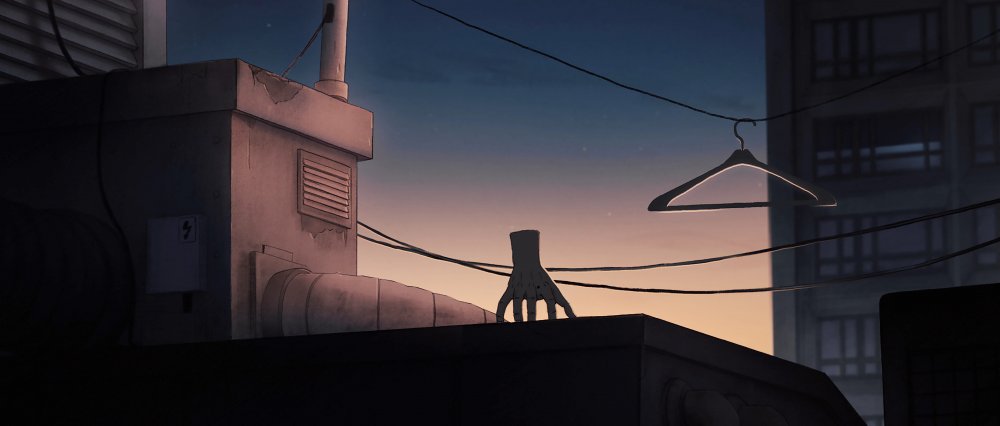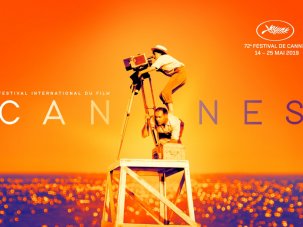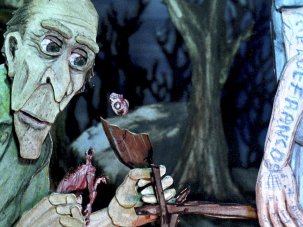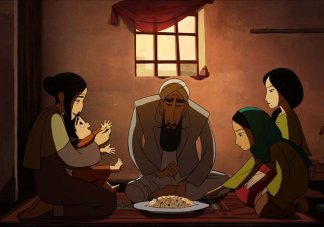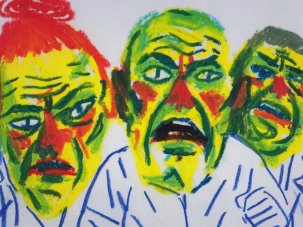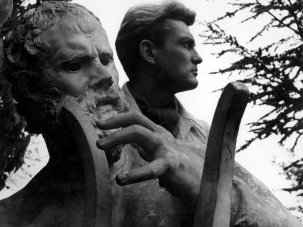In its swift, endearing 80 minutes, French animator Jérémy Clapin’s first feature packs in romance, action, body horror and a surreal road-movie odyssey. Subjects raised, meanwhile, include the immigrant’s lot in France and the precarity of life in the gig economy. It must have made one hell of an elevator pitch: our protagonist is a severed hand battling its way through Paris to find the rest of its body. This plucky five-fingered flâneur escapes from a hospital fridge and visits airshafts, rooftops, rubbish trucks, babies’ bedrooms and the Métro, on a tour d’horizon that Baudelaire would envy, all the while reminiscing wistfully about the past.
France 2019
1hr 21mins
Director Jérémy Clapin
Cast
Naoufel Hakim Faris
Gabrielle Victoire Du Bois
Patrick D’Assumçao
Original French title J’ai perdu mon corps
► Trailer
What Clapin elegantly masters, with a narrative timeframe that’s constantly shifting backwards and forwards, is some staggering tonal manoeuvring. The hand’s adventures are pure adrenaline, while the flurry of flashbacks spans everything from child-like wonder at the world to melancholy, as the hand’s owner Naoufel sees his boyish dreams of being an astronaut and a pianist sputter into the reality of pizza delivery; sparks of romance and even comedy sit alongside abject tragedy.
The film contains the most memorable meet-cute in recent cinema, in a rainy-night encounter between Naoufel and a young woman irate about her late, destroyed supper. That this bittersweet brush between two strangers is just verbal, taking place solely over an intercom, is no small part of its charm. There’s no relying on beautiful sketches here (though the film is full of them). The dialogue is acutely tuned in to the cold and combative nature of urban life, before it turns tender when Naoufel asks about Gabrielle’s heady view from the 35th floor. The scene hinges on the delivery of the voice artists: in the English dub, Dev Patel makes Naoufel just as goofy and despondent as Hakim Faris did in the French language original; Alia Shawkat adds more playful and imperious shades to Gabrielle but still captures her character’s arc from curt to curious. To Shawkat and Clapin’s credit, Gabrielle is far from being simply the object of Naoufel’s desires.
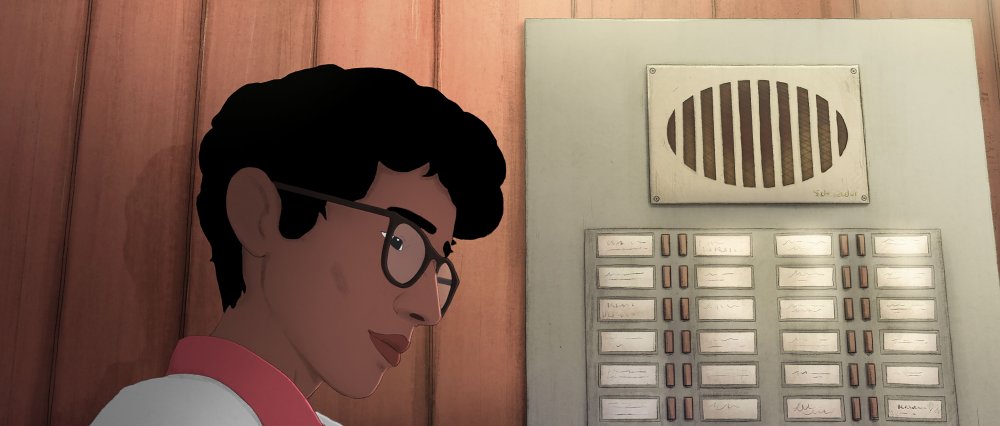
Meanwhile, it’s surprising quite how much you can root for a dismembered limb. Imagine if Thing from The Addams Family had its own action franchise, lovingly rendered in 2D drawings. The film is adapted from Guillaume Laurant’s 2006 novel Happy Hand. Laurant was the screenwriter of Amélie (2001), but Clapin sidesteps any of the cutesiness that film brings to mind. There’s no shying away here from gore and the ferocity of survival. The animal kingdom is no friend to our dear hand, which, in a series of ingenious and dynamic action set pieces, combats a dog, a pigeon and some ants, and even sees off a pack of hungry rats (with a lighter!). Sometimes Clapin likes to pause and revel in the surreal spectre he has conjured – as when the hand returns a dummy to a curious baby in a cot and takes a breather resting on her stomach.
Much of the film is sketched in a precise anime style but, appropriately, there are still traces of human handiwork to see upon close inspection. The film plays to animation’s strengths, giving us so many unusual perspectives of Paris, from a bin’s-eye-view of the streets to the climax of the hand’s homeward pilgrimage, when it glides over a motorway with an umbrella. As it’s clobbered by the onslaught of passing traffic, the realistic cityscape dissolves into a dizzying spin of abstracted car headlights and street lamps.
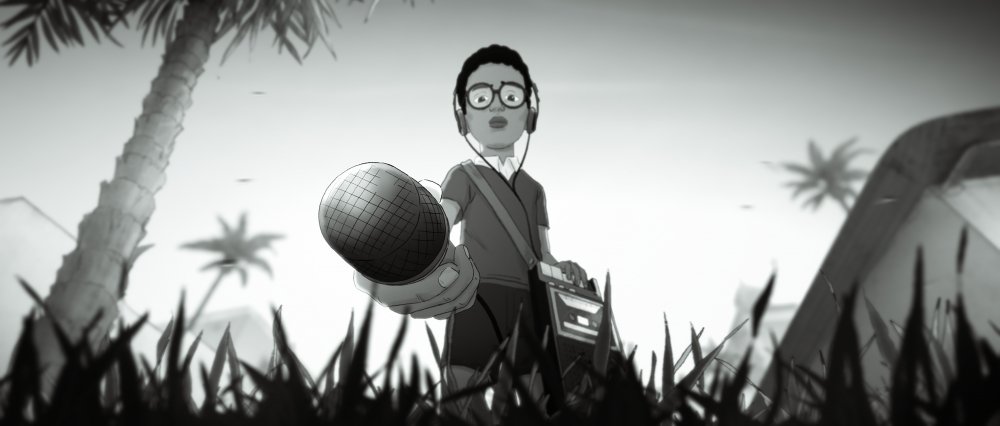
Such a buffeting draws parallels with Naoufel’s own life at the bottom of the food chain. His love of wide-open spaces provides a release, captured in dazzling rooftop views and in Dan Levy’s pulsing soundtrack. The sound design is as intricate as the visuals, showing an attentiveness to small details as the young Naoufel eagerly captures on his tape recorder prosaic sounds such as the rush of air outside a car.
Looking out over Paris, Naoufel asks Gabrielle, who he has determinedly pursued and won over, whether she thinks fate determines their lives. It’s a question that would normally send alarm bells ringing but Clapin has smuggled such a profound meditation on separation and grief into this original and outlandish tale of taking destiny into your own hands that you don’t even notice.
—
Update (21 November 2019): this review has been expanded since it was first written from the May 2019 Cannes Film Festival.
-
The best films now on UK streaming services
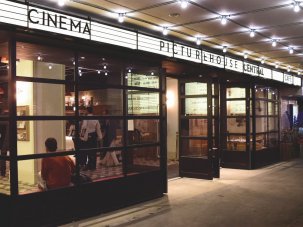
Looking for the best new cinema releases available on British VOD platforms? Here’s our guide to how to keep up with the latest movies while you’re...
-
The Digital Edition and Archive quick link
Log in here to your digital edition and archive subscription, take a look at the packages on offer and buy a subscription.




